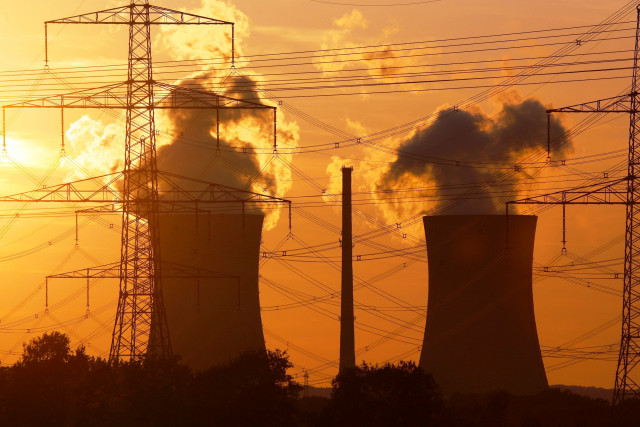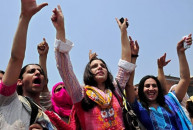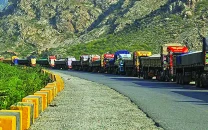Power crisis: Govt mulls monthly tariff adjustments
Special cabinet panel meets to grasp the scope of crisis before proposing solutions.

As public resentment over the chronic energy crisis mounts, the government has gone back to the drawing board, mulling over an ambitious agenda to deal with the issue, including monthly adjustments in power tariffs and curtailing subsidies and circular debt in the sector.
The need to present realistic circular debt and subsidies figures to policymakers and international lending agencies prompted a special cabinet panel to meet on Tuesday and carve out a six-point agenda to resolve the crisis that has persisted, if not worsened, despite pumping in Rs900 billion in the past three years.
In a maiden meeting of the cabinet committee on energy crisis, the stakeholders agreed to dig out the issues before taking any decision on further injection of liquidity into the sector. Last year, the government budgeted power subsidy at Rs84 billion but ended up paying Rs295 billion.
The panel’s six-point agenda talks about bringing legislative changes to determine power tariffs, realistic budget estimate of subsidies, exact amount of money required to solve the crisis, introducing corporate governance and crafting clearly defined rules for load-shedding in the country against unannounced power outages.
(Read: Energy crisis needs to be tackled head-on)
The committee, headed by the finance minister, also resolved to bring honest officials in power distribution companies and urged the Minister for Water and Power Naveed Qamar to replace the corrupt officials.
Circular debt figures
“There should be first an agreement on the big picture i.e. what is the size of circular debt and how much more money is required to address the issue once and for all,” said a cabinet minister while talking to The Express Tribune.
Current estimates of circular debt range between Rs500 and Rs650 billion and the exact amount needs to be determined, said an official of the finance ministry.
The ministry of water and power, Pakistan Electric Power Company (Pepco) and National Electric Power Regulatory Authority (Nepra) have different estimates of circular debt, he added. The committee would subsequently decide on fresh injection into the system for smooth functioning.
Earlier on Monday, independent power producers warned that they would be forced to shut down if the government did not clear Rs210 billion in dues owed by Pepco.
Tariff determination
The current mechanism of determining tariff on the basis of minimum cost of generation is flawed, said the official, adding that the government may bring amendments in the Nepra act.
Separately on Tuesday, the government assured the Asian Development Bank (ADB) to get proposed amendments in the Nepra act approved in the upcoming session of parliament.
At present, Nepra determines the base electricity tariff on a quarterly basis for distribution companies (Discos) which the federal government notifies after taking into account the subsidy.
Under the Nepra amendment act, the tariff determined by the regulator will be immediately passed on to consumers and will be revised every month on the basis of fuel prices after accounting for inflation, operational and energy costs.
The proposed amendment in the Nepra act has also been backed by multilateral donors and would enable the government to end subsidy in the power sector, the major reason behind the mounting circular debt.
Naveed Qamar assured Rune Strom, Director Energy ADB, that the government would complete the process of dissolving Pepco by October this year, granting complete independence to the power distribution companies.
Other agenda items
The committee would look into the issue of IPPs’ outstanding dues and nonpayment of dues by electricity consumers, both public and private, said the finance ministry official.
The committee would also draft rules for load-shedding as currently there is no mechanism regarding the schedule and people have to face hours of power outages without announcement, he said. The committee may recommend an institutional framework to run the power sector, the official added.
“For a more focused approach, the committee discussed categorisation of the issues of the power sector in the most immediate and critical to long-term solutions,” said a brief finance ministry handout.
(Read: Dark days ahead, ‘Electricity woes to worsen in future’)
The issues are complex and require deliberation and it was decided to deal with all the issues in sequence on a daily basis. The next session of the meeting will be held today (Wednesday).
Published in The Express Tribune, August 10th, 2011.



















COMMENTS
Comments are moderated and generally will be posted if they are on-topic and not abusive.
For more information, please see our Comments FAQ